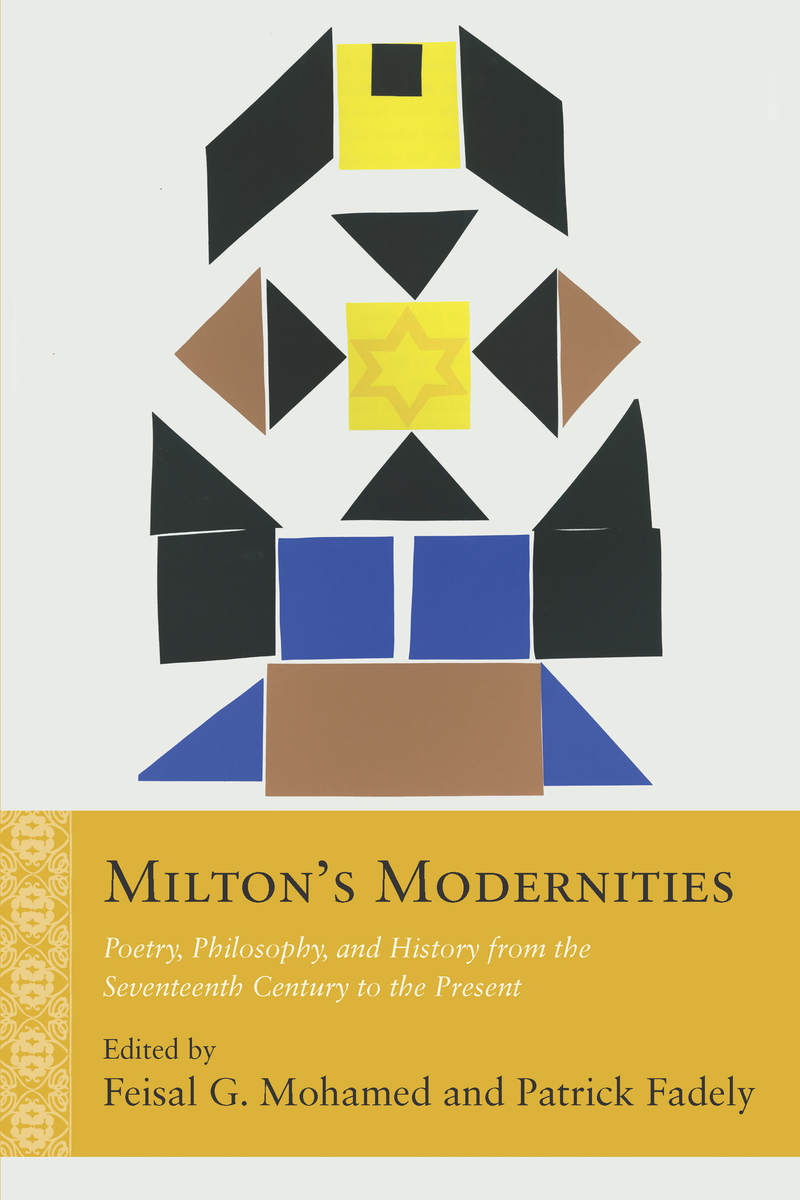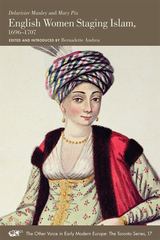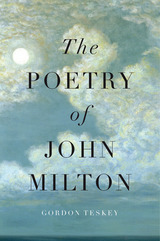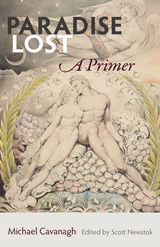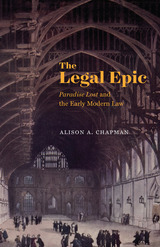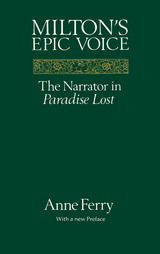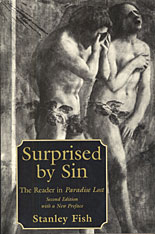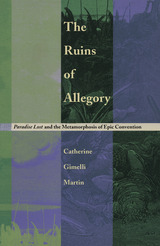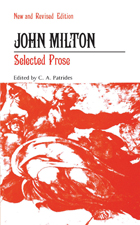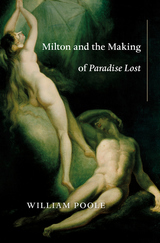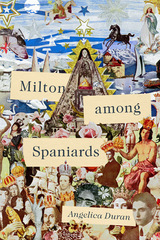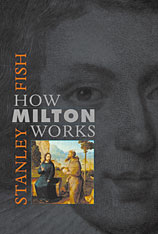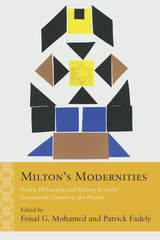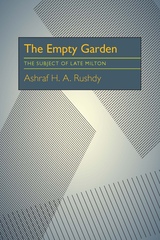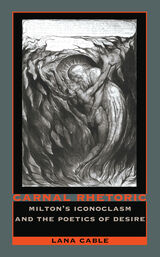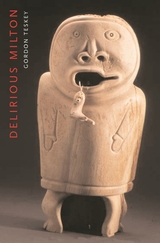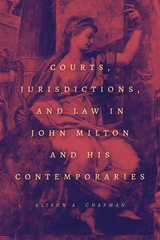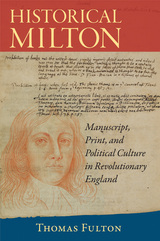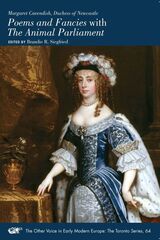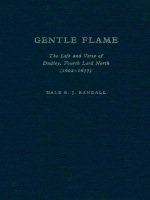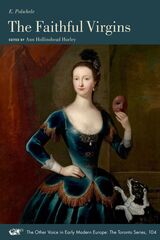Milton's Modernities: Poetry, Philosophy, and History from the Seventeenth Century to the Present
Northwestern University Press, 2017
eISBN: 978-0-8101-3535-2 | Paper: 978-0-8101-3533-8 | Cloth: 978-0-8101-3534-5
Library of Congress Classification PR3588.M534 2017
Dewey Decimal Classification 821.4
eISBN: 978-0-8101-3535-2 | Paper: 978-0-8101-3533-8 | Cloth: 978-0-8101-3534-5
Library of Congress Classification PR3588.M534 2017
Dewey Decimal Classification 821.4
ABOUT THIS BOOK | AUTHOR BIOGRAPHY | REVIEWS | TOC | REQUEST ACCESSIBLE FILE
ABOUT THIS BOOK
The phrase “early modern” challenges readers and scholars to explore ways in which that period expands and refines contemporary views of the modern. The original essays in Milton’s Modernities undertake such exploration in the context of the work of John Milton, a poet whose prodigious energies simultaneously point to the past and future.
Bristling with insights on Milton’s major works, Milton’s Modernities offers fresh perspectives on the thinkers central to our theorizations of modernity: from Lucretius and Spinoza, Hegel and Kant, to Benjamin and Deleuze. At the volume's core is an embrace of the possibilities unleashed by current trends in philosophy, variously styled as the return to ethics, or metaphysics, or religion. These make all the more visible Milton’s dialogues with later modernity, dialogues that promise to generate much critical discussion in early modern studies and beyond.
Such approaches necessarily challenge many prevailing assumptions that have guided recent Milton criticism—assumptions about context and periodization, for instance. In this way, Milton’s Modernities powerfully broadens the historical archive beyond the materiality of events and things, incorporating as well intellectual currents, hybrids, and insights.
Bristling with insights on Milton’s major works, Milton’s Modernities offers fresh perspectives on the thinkers central to our theorizations of modernity: from Lucretius and Spinoza, Hegel and Kant, to Benjamin and Deleuze. At the volume's core is an embrace of the possibilities unleashed by current trends in philosophy, variously styled as the return to ethics, or metaphysics, or religion. These make all the more visible Milton’s dialogues with later modernity, dialogues that promise to generate much critical discussion in early modern studies and beyond.
Such approaches necessarily challenge many prevailing assumptions that have guided recent Milton criticism—assumptions about context and periodization, for instance. In this way, Milton’s Modernities powerfully broadens the historical archive beyond the materiality of events and things, incorporating as well intellectual currents, hybrids, and insights.
See other books on: 1608-1674 | Early modern, 1500-1700 | Milton, John | Present | Seventeenth Century
See other titles from Northwestern University Press
